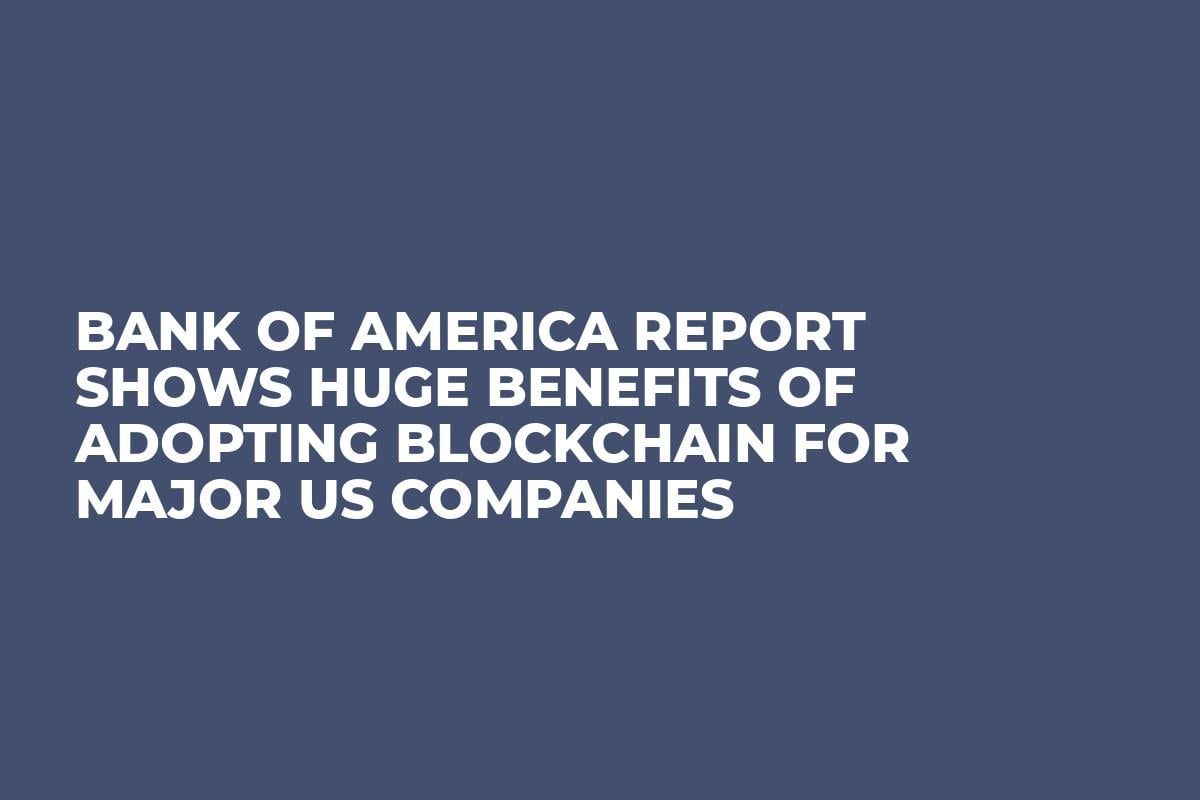How Major Financial Institutions Are Adopting Blockchain

- Understanding Blockchain Technology and its Impact on Major Financial Institutions
- Exploring the Benefits of Blockchain Adoption in the Financial Sector
- Case Studies: How Leading Financial Institutions are Implementing Blockchain Solutions
- Challenges and Opportunities in Integrating Blockchain into Traditional Financial Systems
- Regulatory Considerations for Financial Institutions Embracing Blockchain Technology
- The Future of Finance: How Blockchain is Revolutionizing the Banking Industry
Understanding Blockchain Technology and its Impact on Major Financial Institutions
Blockchain technology has been making waves in the financial industry due to its potential to revolutionize the way transactions are conducted and recorded. Major financial institutions are increasingly adopting blockchain technology to streamline their operations and enhance security.
One of the key advantages of blockchain technology is its ability to create a decentralized and transparent ledger of transactions. This means that all parties involved in a transaction can view and verify the information, reducing the risk of fraud and errors. Additionally, blockchain technology allows for faster and more efficient transactions, as there is no need for intermediaries to validate the transactions.
Major financial institutions are also exploring the use of smart contracts, which are self-executing contracts with the terms of the agreement directly written into code. This can help automate processes and reduce the need for manual intervention, saving time and resources for financial institutions.
Furthermore, blockchain technology can help financial institutions improve their compliance and regulatory processes. By creating a tamper-proof record of transactions, financial institutions can easily demonstrate compliance with regulations and track the flow of funds more effectively.
Overall, the adoption of blockchain technology by major financial institutions is expected to have a significant impact on the industry. It has the potential to increase efficiency, reduce costs, and enhance security, ultimately benefiting both financial institutions and their customers. As blockchain technology continues to evolve, it will be interesting to see how major financial institutions leverage its capabilities to stay ahead in the rapidly changing financial landscape.
Exploring the Benefits of Blockchain Adoption in the Financial Sector
Blockchain adoption in the financial sector has been gaining momentum in recent years as major institutions recognize the numerous benefits it offers. From increased security to improved efficiency, blockchain technology is revolutionizing the way financial transactions are conducted.
One of the key advantages of blockchain adoption in the financial sector is the enhanced security it provides. By utilizing decentralized ledgers and cryptographic algorithms, blockchain technology ensures that transactions are secure and tamper-proof. This level of security is crucial in an industry where sensitive financial information is constantly being exchanged.
Another benefit of blockchain adoption is the increased transparency it offers. With blockchain technology, all transactions are recorded on a public ledger that is accessible to all parties involved. This transparency helps to reduce fraud and errors, as well as improve trust between institutions and their clients.
Furthermore, blockchain adoption in the financial sector has the potential to streamline processes and reduce costs. By eliminating the need for intermediaries and automating manual tasks, blockchain technology can help financial institutions operate more efficiently and cost-effectively.
In conclusion, the adoption of blockchain technology in the financial sector is proving to be a game-changer for major institutions. With its enhanced security, transparency, and efficiency, blockchain technology is reshaping the way financial transactions are conducted and setting new standards for the industry as a whole.
Case Studies: How Leading Financial Institutions are Implementing Blockchain Solutions
Several leading financial institutions have started implementing blockchain solutions to streamline their operations and improve security. Let’s take a look at some case studies to see how these institutions are leveraging blockchain technology:
- Bank of America: Bank of America has been exploring the use of blockchain technology to enhance the efficiency of its payment processing systems. By implementing blockchain solutions, the bank aims to reduce transaction times and costs while increasing transparency and security.
- JP Morgan Chase: JP Morgan Chase has developed its own blockchain platform called Quorum to facilitate faster and more secure cross-border payments. The platform has been successfully tested in various pilot programs and is now being rolled out across the bank’s global network.
- HSBC: HSBC has partnered with blockchain technology firms to digitize paper-based trade finance processes. By using blockchain, HSBC has been able to reduce the time it takes to process trade transactions from weeks to hours, leading to significant cost savings for the bank and its clients.
- Citigroup: Citigroup is exploring the use of blockchain technology to improve the efficiency of its supply chain finance operations. By digitizing trade documents and automating manual processes, Citigroup aims to reduce the risk of fraud and errors while increasing the speed of transactions.
Overall, these case studies demonstrate how major financial institutions are embracing blockchain technology to drive innovation and improve their services. By leveraging the benefits of blockchain, these institutions are able to enhance security, reduce costs, and provide a more efficient experience for their customers.
Challenges and Opportunities in Integrating Blockchain into Traditional Financial Systems
Integrating blockchain technology into traditional financial systems presents both challenges and opportunities for major financial institutions. While the potential benefits of increased security, transparency, and efficiency are enticing, there are also hurdles to overcome in the process.
One of the main challenges in integrating blockchain into traditional financial systems is the need for regulatory compliance. Financial institutions must navigate complex regulatory frameworks to ensure that their blockchain solutions meet legal requirements. This can be a time-consuming and costly process, requiring collaboration with regulators and policymakers.
Another challenge is the scalability of blockchain technology. As financial institutions handle large volumes of transactions, they need to ensure that their blockchain networks can handle the increased workload without compromising speed or efficiency. This requires ongoing investment in infrastructure and technology upgrades.
Despite these challenges, there are significant opportunities for financial institutions in adopting blockchain technology. By leveraging blockchain for processes such as cross-border payments, trade finance, and identity verification, institutions can streamline operations, reduce costs, and improve customer experience.
Furthermore, blockchain technology opens up new revenue streams for financial institutions through the creation of innovative products and services. By embracing blockchain, institutions can stay ahead of the curve in a rapidly evolving digital economy and gain a competitive edge in the market.
Regulatory Considerations for Financial Institutions Embracing Blockchain Technology
When it comes to financial institutions embracing blockchain technology, there are several regulatory considerations that need to be taken into account. These institutions must navigate a complex landscape of regulations to ensure compliance and mitigate risks. Here are some key points to consider:
- Regulatory Compliance: Financial institutions must adhere to existing regulations governing data privacy, security, and financial transactions. Blockchain technology introduces new challenges in terms of compliance, as it involves decentralized networks and immutable records.
- AML and KYC Regulations: Anti-money laundering (AML) and know your customer (KYC) regulations are crucial for financial institutions to prevent fraud and illicit activities. Blockchain technology can enhance AML and KYC processes by providing a transparent and secure way to verify identities and track transactions.
- Data Protection: Data protection regulations such as the General Data Protection Regulation (GDPR) in the European Union require financial institutions to protect customer data. Blockchain technology can help in ensuring data integrity and security through encryption and decentralized storage.
- Smart Contracts: Smart contracts are self-executing contracts with the terms of the agreement directly written into code. Financial institutions need to ensure that smart contracts comply with legal requirements and are enforceable in case of disputes.
- Cross-Border Transactions: Blockchain technology enables faster and more cost-effective cross-border transactions. However, financial institutions must navigate international regulations governing foreign exchange, remittances, and sanctions compliance.
Overall, financial institutions embracing blockchain technology must work closely with regulators to address legal and compliance challenges. By staying informed about regulatory developments and implementing robust compliance programs, these institutions can leverage the benefits of blockchain technology while managing regulatory risks effectively.
The Future of Finance: How Blockchain is Revolutionizing the Banking Industry
The future of finance is being reshaped by the adoption of blockchain technology in the banking industry. Blockchain, a decentralized and secure digital ledger, is revolutionizing the way financial transactions are conducted. Major financial institutions are recognizing the potential of blockchain to streamline processes, reduce costs, and enhance security.
One of the key advantages of blockchain is its ability to provide transparency and traceability in transactions. This can help prevent fraud and improve regulatory compliance. By using blockchain, banks can create a more efficient and trustworthy system for managing financial data.
Furthermore, blockchain technology enables faster and more secure cross-border payments. With traditional banking systems, international transactions can take days to process and involve high fees. By leveraging blockchain, financial institutions can facilitate instant transfers at a lower cost.
As more banks and financial institutions embrace blockchain, we can expect to see a shift towards a more decentralized and efficient financial ecosystem. This technology has the potential to disrupt traditional banking models and create new opportunities for innovation and growth in the industry.




